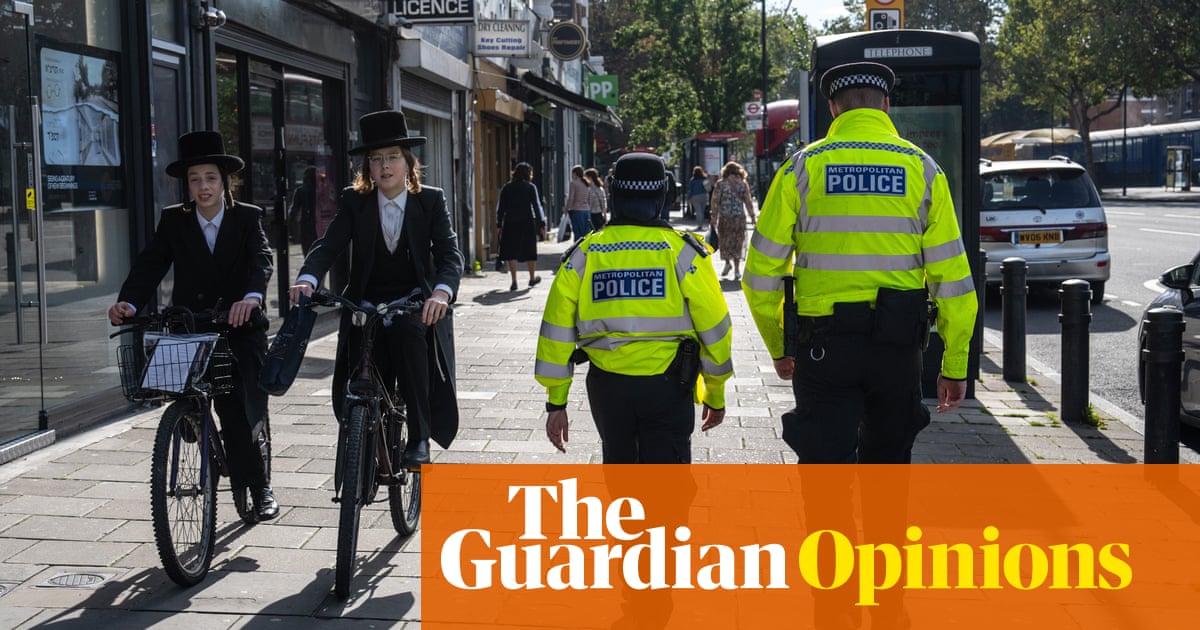
Ian Acheson carried out govt-commissioned review into extremism in prisons
Justice Ministry spokesperson: ‘A whole range of tools help us to manage extremist offenders’
LONDON: An attack by radicalized former inmates is “in the pipeline” in the UK because of a lack of control over extremism in the country’s jails, a former prison governor has warned.
Ian Acheson, who carried out a government-commissioned review into extremism in prisons, said attacks like those carried out by convicted terrorist Usman Khan and extremist Sudesh Amman were likely to be repeated.
“There are good people doing their best to make sure that another outrage won’t happen,” Acheson said, “but being good isn’t the same as doing well. Another Khan is in the pipeline.”
Khan murdered two people in London in November 2019, less than a year after being released from jail.
Amman carried out a knife attack in the capital three months later, a few days after he was released.
There was an attack on a prison officer by an extremist cell at HMP Whitemoor, and in June 2020 Khairi Saadallah, another released prisoner, murdered three people in an attack in a park in Reading.
Acheson’s review, in 2016, led to the creation of three separation centers to remove terrorists and extremists from general prison populations, but only two are currently in use.
An anonymous prison officer working in a high-security facility told The Independent that he was worried about what was happening to extremists in British jails.
“The new ones that come in with an extremist view leave with a stronger one,” he said. “You’re releasing people onto the streets and you dread to think what’s going to happen. No matter what ministers say, everything is not great in UK prisons, it’s appalling.”
Jonathan Hall QC, the UK’s independent reviewer of terrorism legislation, is undertaking a review of terrorist offending inside jails after concerns were raised that crimes committed inside were not being prosecuted, causing “lost opportunities to mitigate risk.”
An inquest into Khan’s attack on Fishmongers’ Hall in London Bridge found that he had been radicalizing fellow inmates for years, but despite this being known to authorities, he was never moved to one of the separate facilities. He was originally jailed in 2012 for trying to set up a terrorist training camp in Kashmir.
An MI5 officer gave evidence to the inquest to say there “was a suggestion that Khan had become more extreme since entering prison,” and there were fears he could even coordinate terrorist activities from inside jail.
Another officer gave evidence to suggest that Khan had voiced his desire to commit an attack to fellow inmates prior to his release in 2018.
Acheson said: “I find it inconceivable that a man with Khan’s well-understood danger to national security was not even considered for separation let alone isolated.”
While in prison, Khan had direct content with radical preacher Abu Hamza and helped radicalize vulnerable inmates.
Khan also wrote a poem in prison about decapitating non-Muslims, and kept newspaper clippings about terrorist attacks and Daesh
Brusthom Ziamani, an associate of Khan, was found to have access to Daesh propaganda while in HMP Whitemoor.
Ziamani and fellow inmate Baz Hockton attempted to murder a prison officer at the facility in January 2020, six weeks after Khan’s attack on Fishmongers’ Hall.
A Justice Ministry spokesperson said in a statement: “We are locking up terrorists for longer, and have tough measures in place to prevent them from spreading their poisonous ideology in prison.
“More than 37,000 prison staff have been trained to identify, report and stop such behaviour, and a whole range of tools help us to manage extremist offenders.
“These include separation centres, which were introduced shortly before Khan left prison, but also monitoring communications and financial transactions and ensuring the strictest possible conditions on release.”












